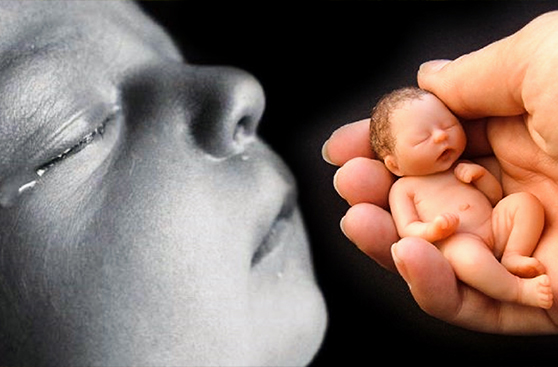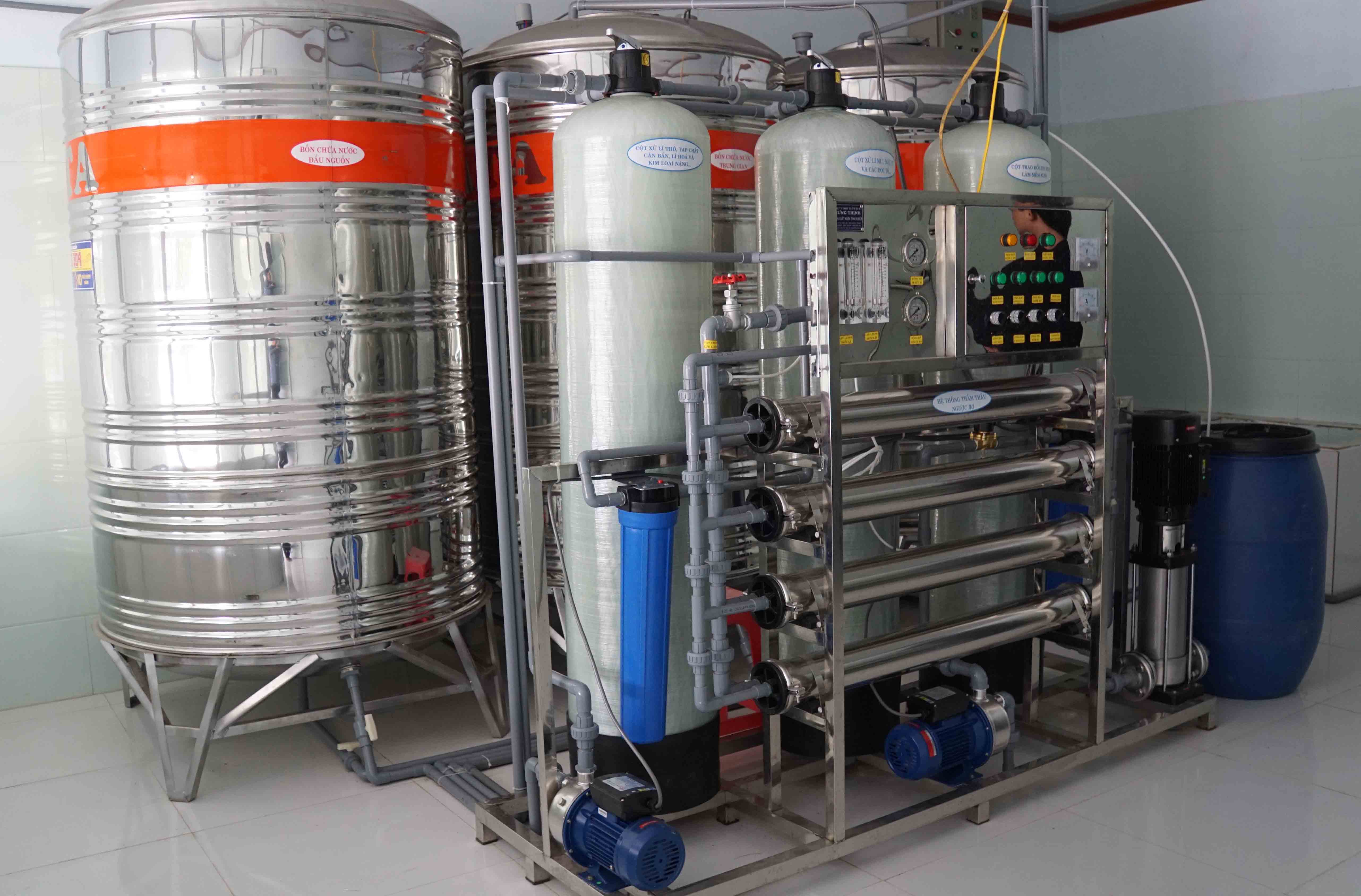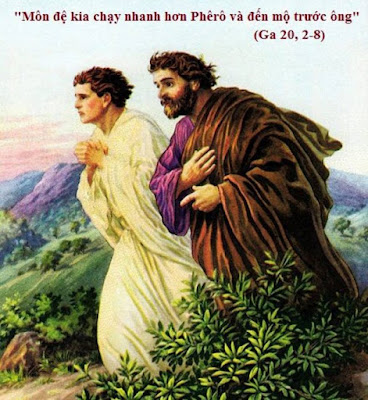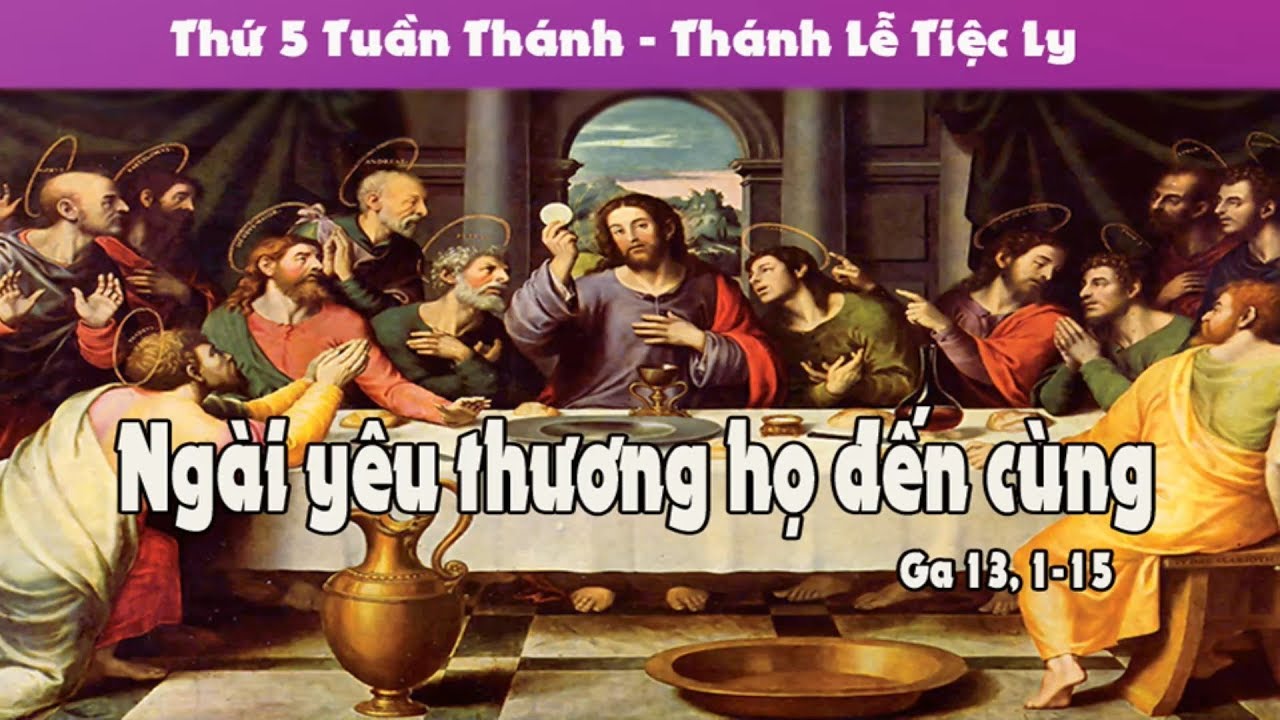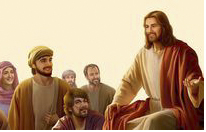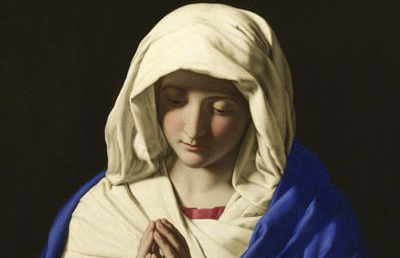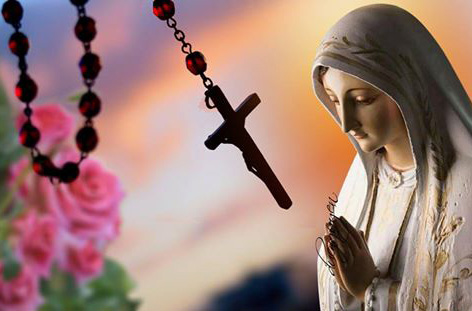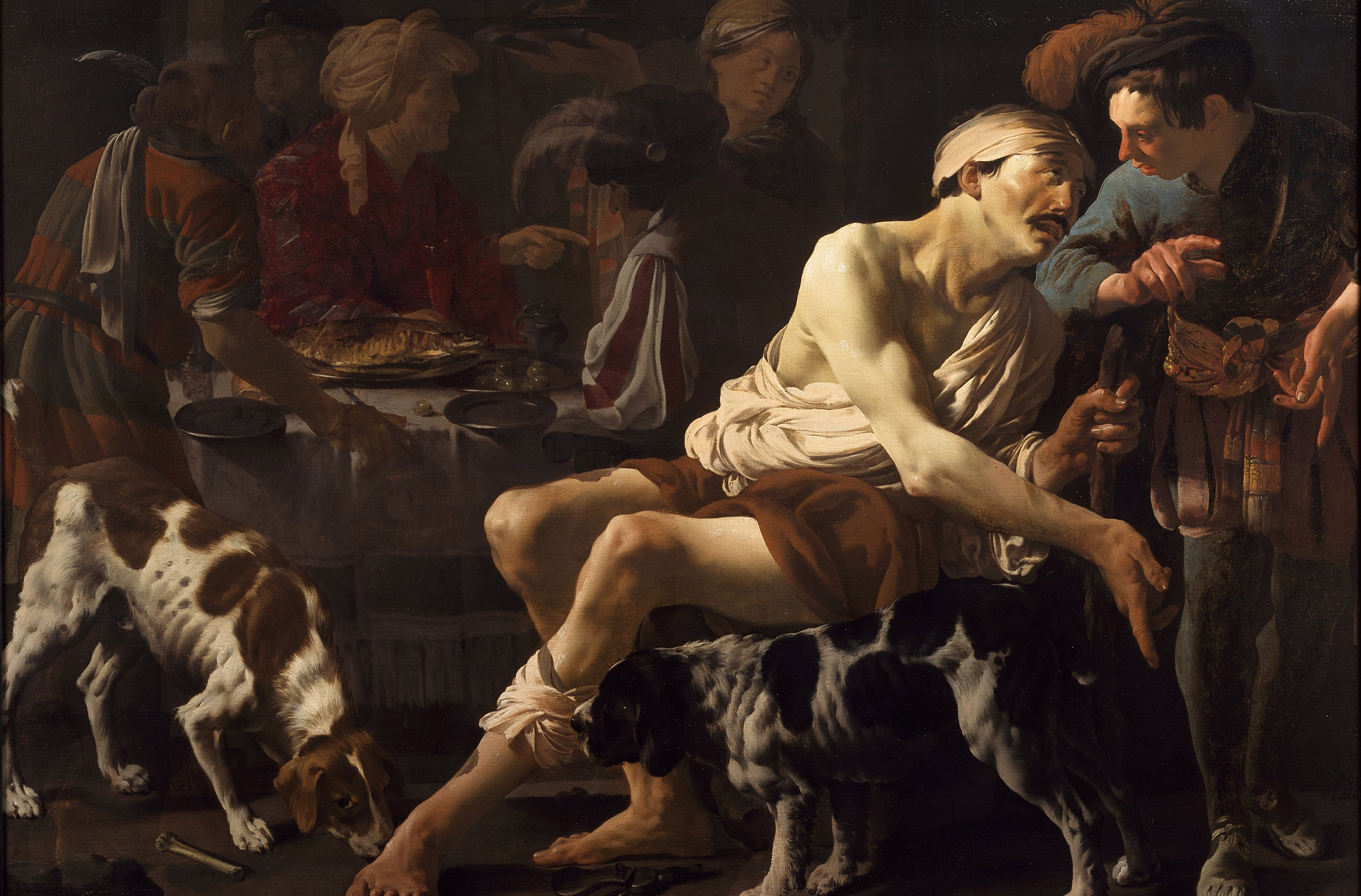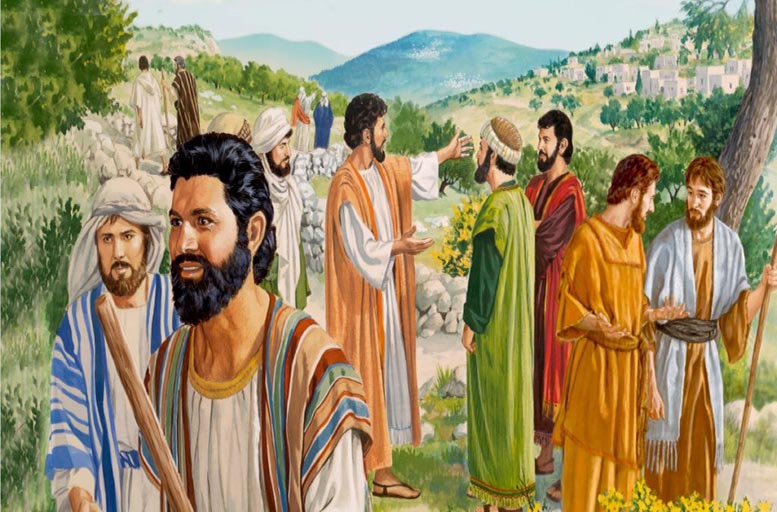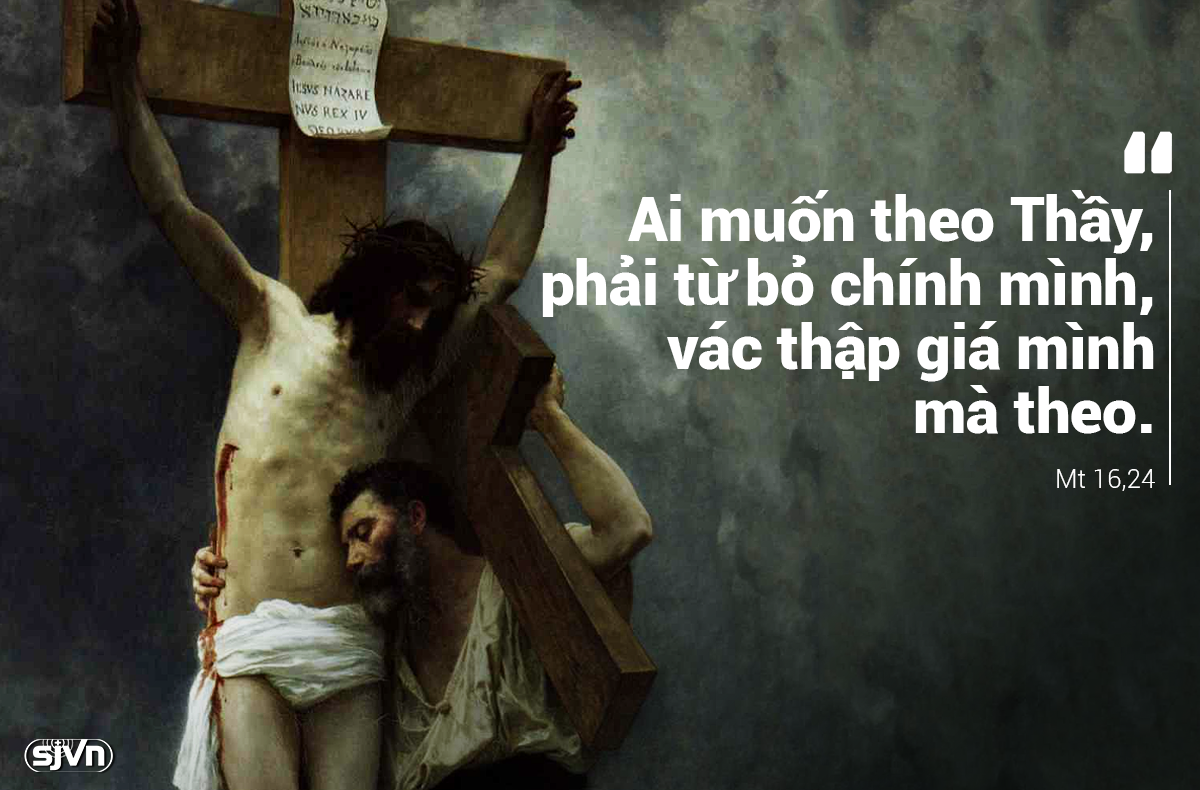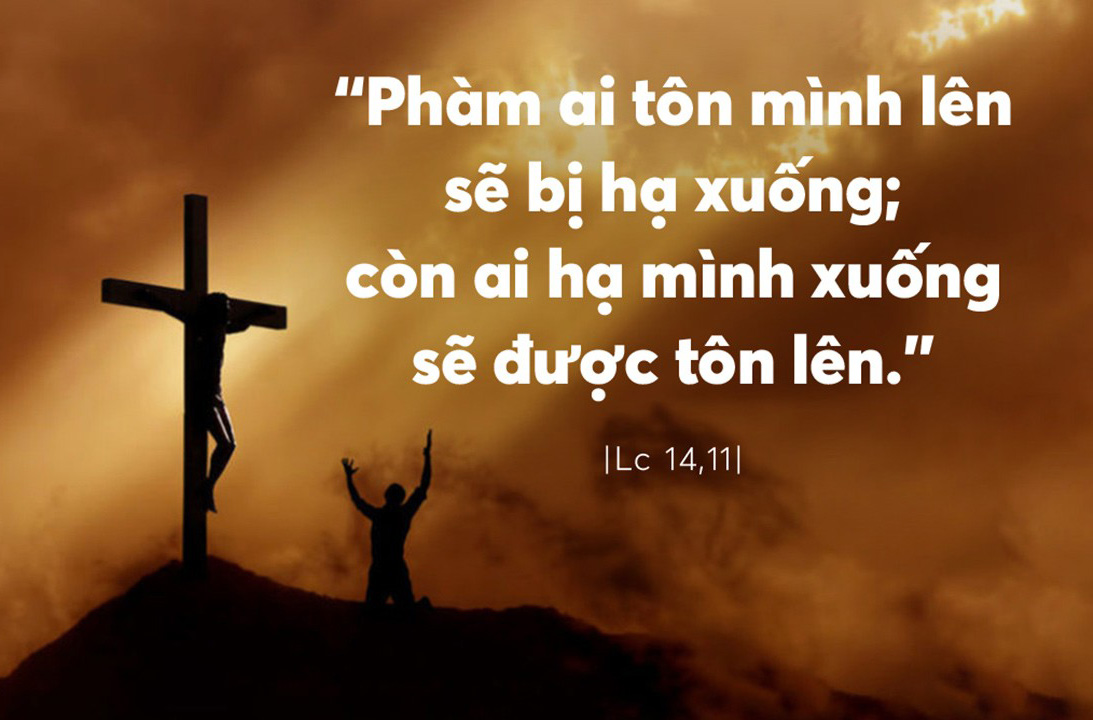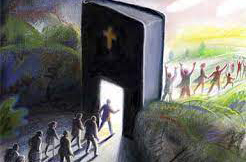Reflection
8th Sunday in Ordinary Time | Year A
Matthew 6:24-34
Jesus said to his disciples: ‘No one can be the slave of two masters: he will either hate the first and love the second, or treat the first with respect and the second with scorn. You cannot be the slave of both God and money.
‘That is why I am telling you not to worry about your life and what you are to eat, nor about your body and how you are to clothe it. Surely life means more than food, and the body more than clothing! Look at the birds in the sky. They do not sow or reap or gather into barns; yet your heavenly Father feeds them. Are you not worth much more than they are? Can any of you, for all his worrying, add one single cubit to his span of life? And why worry about clothing? Think of the flowers growing in the fields; they never have to work or spin; yet I assure you that not even Solomon in all his regalia was robed like one of these. Now if that is how God clothes the grass in the field which is here today and gone tomorrow, will he not much more look after you, you men of little faith? So do not worry; do not say, “What are we to eat? What are we to drink? How are we to be clothed?” It is the pagans who set their hearts on all these things. Your heavenly Father knows you need them all. Set your hearts on his kingdom first, and on his righteousness, and all these things will be given you as well. So do not worry about tomorrow; tomorrow will take care of itself. Each day has enough trouble of its own.’
Reflection
There is a well known story about a teacher putting rocks in a jar until no more would fit. He asks the class whether the jar is full and the class reply “yes”. The teacher then pours fine gravel into the jar, which flows around the rocks and fills the spaces between them. Again he asks “Is the jar full?” and the class says yes. Then the teacher pours sand into the jar which occupies the even smaller spaces between the gravel. Again the class says it is full. Lastly the teacher pours water into the jar, filling the invisible spaces between the sand, gravel and rocks.
The teacher points out to the class that if the jar had been filled first with the gravel, sand and water there would have been no room for the rocks.
The point of the story is that if we fill our lives with “small stuff” – trivia - then there is no room for the big items, those things which really matter. This is very similar to the message contained in the piece from Chapter 6 of Matthew’s gospel in which Jesus asks us to get our priorities right. We need clothes and food, but they are sand and gravel compared to setting our hearts on following him and seeking his kingdom. Once these big things are in the right place in our priorities they shape our lives, and the small things fit around them rather than dominating our lives.
Food and clothes do qualify as “rocks” – priorities – when our focus is on those who don’t have them in sufficient quantity to meet their basic needs (and if we are among those who suffer in this way). Feeding the hungry and clothing the naked are part of “setting our hearts on the kingdom”, sharing what we have so that that the needs which others have for food, shelter and basic necessities are adequately met. If we are blessed with much, we have it in our power to help turn the rocks into other people’s lives into sand and gravel so they too may focus on building the kingdom.
The List of Contributions Received by Caritas Vietnam
1. The list of 2024 contributions to the Caritas Vietnam general charity fund
2. The list of 2023 contributions to the Caritas Vietnam general charity fund
Latest project information
Copyright © 2018 by COMMISSION on CHARITY and SOCIAL ACTIONS - CARITAS VIETNAM
Total visits: 25,088,127


